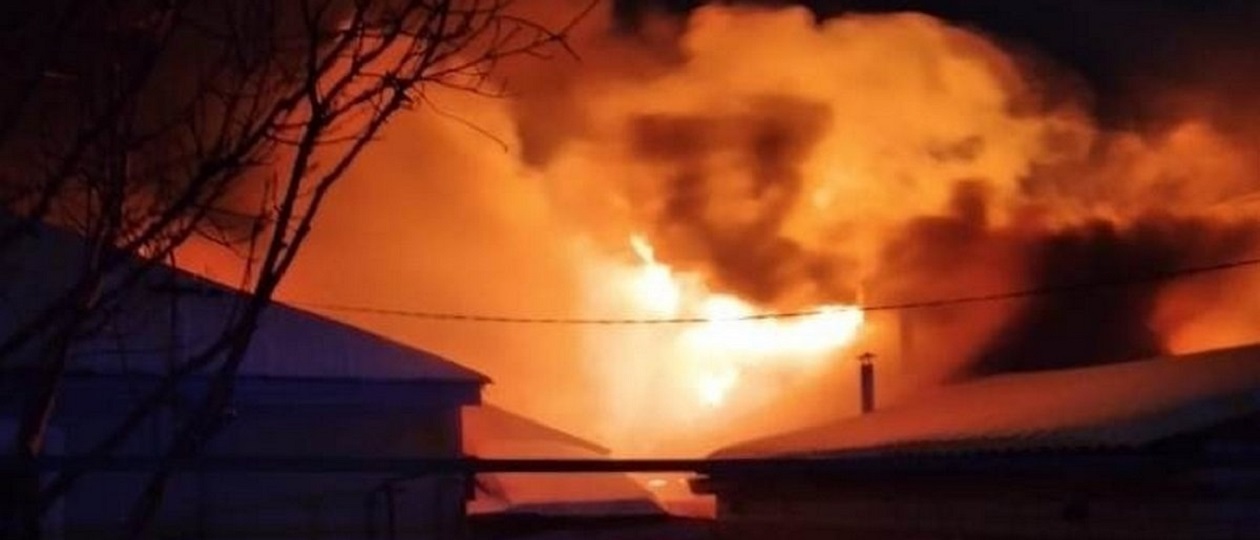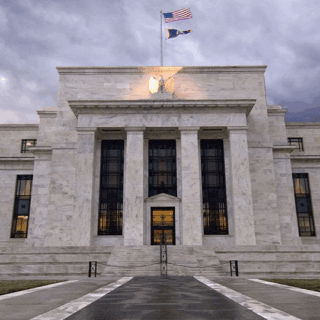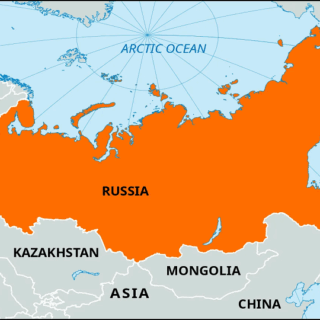
I carefully read the sensational article in The Washington Post, “Ukraine Offensive Undermines Secret Efforts to Secure Partial Cease-Fire with Russia, Officials Say.”
The article was written by a team of WP writers with the participation of “independent journalist” David Stern, who is based in Kyiv. In addition, Karen DeYoung, deputy editor-in-chief of WP, who has worked for this newspaper for almost half a century and has close relations with the CIA, signed the article (a few days before the US invasion of Iraq in 2003, DeYoung wrote an article about the CIA’s serious doubts about documents confirming the attempted purchase of uranium by Saddam Hussein’s regime, but the management of The Washington Post got scared and published it only after the invasion began).
l this speaks in favor of the fact that despite the lack of verified sources and specific names, the article is not a dud or disinformation — but a well-thought-out leak of information from the US intelligence community.
The article claims that Russia and Ukraine were two steps away from concluding an agreement to stop attacks on each other’s energy infrastructure, which would be tantamount to a “partial cessation of hostilities.” To this end, indirect talks between Moscow and Kiev, mediated by Qatar, were underway for some time (probably after the Swiss “peace summit,” i.e. 1.5-2 months). The talks were held in secret, and a meeting of the two delegations was to take place in Doha at the end of August.
The prospects are assessed differently: “some participants in the talks hoped that they could lead to a more comprehensive agreement to end the war,” but “senior officials in Kyiv” estimated the chances at 20%, while others expected even worse, even if the invasion of the Kursk region had not occurred.
It seems that the Russian representatives were the optimists. Despite the fact that the Moscow delegation called Ukraine’s invasion of the Kursk region “escalation”, Russia did not cancel the negotiations. “They said: give us time,” WP quotes Russian negotiators as saying.
If the facts and quotes presented in the article are correct, then we have clear fingerprints of the notorious “peace party” or “capitulation party”. It is unlikely to come as a surprise that these are major players in the energy and raw materials sectors of the Russian economy. The article notes that Kyiv’s attacks on Russian oil facilities led to “a reduction in Moscow’s oil refining by about 15% and an increase in gas prices around the world.”
It may seem strange that it was Qatar that took the initiative to reconcile Russia and Ukraine. The increase in gas prices, which resulted from the war, at first glance, is advantageous for Doha. In fact, everything is not so simple. The price of gas has indeed increased, but its consumption in Europe has fallen by 4.5% compared to last year. And although Qatar is currently in second place in the list of leaders in LNG supplies to the EU (Russia is in fourth place), in absolute figures its profits have decreased.
US and EU sanctions against the Russian oil and gas sector have a negative impact not only on the Russian economy, but also on the global LNG market, since this market is very vulnerable to supply disruptions. Together with the delay in issuing new licenses for gas exports from the US (thanks to Bidenomics!), this could lead to a significant decrease in LNG production volumes and, as a result, to new losses for the main players, including Qatar.
Doha’s desire to act as a mediator in the negotiations between Moscow and Kiev coincided with the desire of the Russian “capitulation party” to keep in its hands the superprofits from the sale of oil and gas to unfriendly countries. In fact, our raw materials magnates would sell oil and gas to the devil himself if he paid not in rupees, but in dollars and euros.
The fact that the very effective strikes on Ukraine’s energy system that were carried out in the spring have ceased for some time is most likely the result of the work of this party. Moreover, judging by the remark “give us time” quoted in the article, the leaders of this party did not abandon the idea of reaching an amicable agreement with Kiev even after Kursk — even if the price is the loss of territories liberated by the blood of Russian soldiers.





